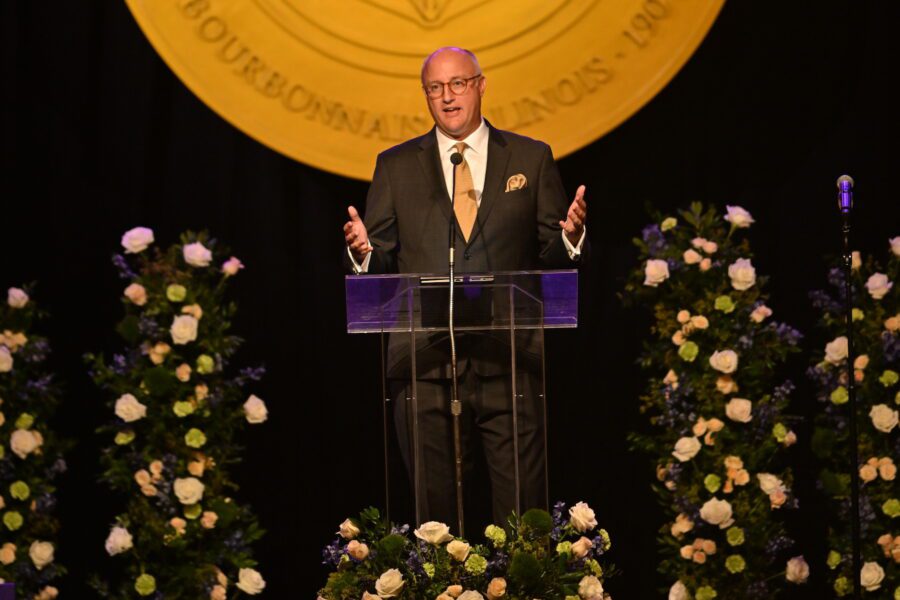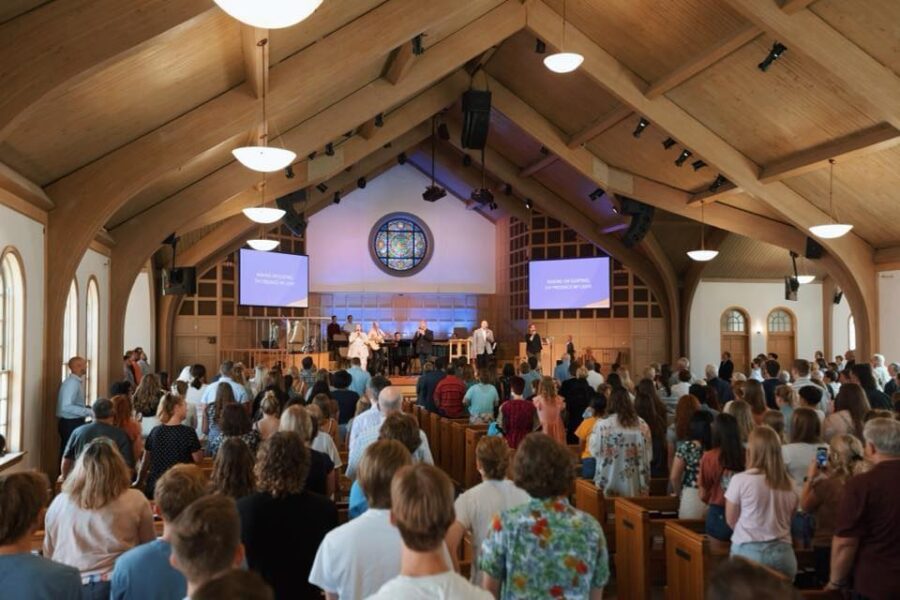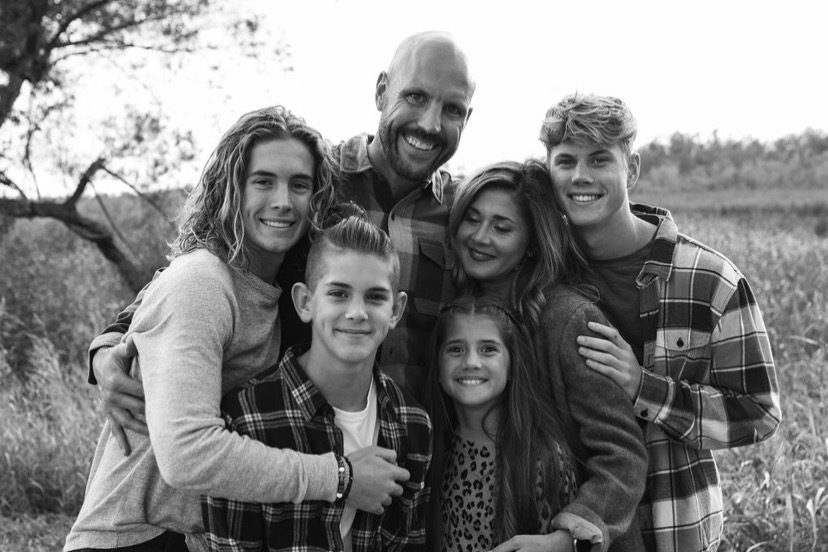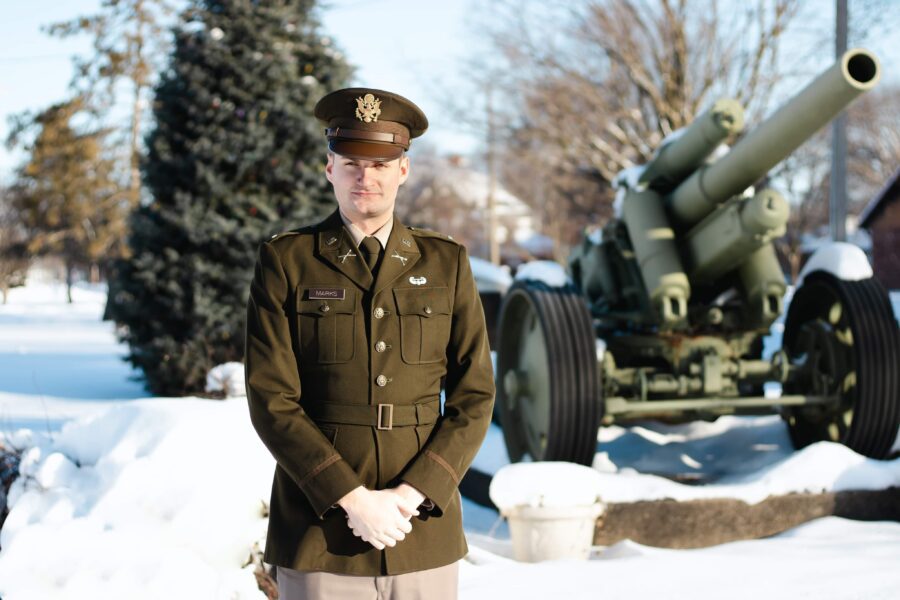
Friends of Olivet, I want something for you. Badly. I sometimes even imagine reaching inside a person to deposit it.
It is hope.
I am a “hope-er” and feel quite at home at Olivet because we are a hope factory. Thousands seek it from us. We happily dispense it. In fact, lately, we emphasize strength and hope as God’s gift to others through us.
I’m not talking about dropping an Alka Selzer tablet into a person’s spirit — a quick fizz, then fade. I mean something durable.
Hope is more substantial than sunny positivity or optimism dependent on a piece of evidence. Hope goes deeper. It survives tough odds and dead ends. It rises when there’s a mountain to climb.
Hope is even catalytic — a substance received, somehow changing you without itself succumbing to opposing forces. Hope converts your setback into comeback, very quickly.
Austin Channing Brown describes this dynamic in her book Black Dignity. Fatigue with recurring race-related conflicts means “hope dies a thousand deaths,” yet this “forces me to find my center. … There always rises a new clarity about the world, the Church, about myself, about God, and in this I’ve learned to rest even in the shadow of hope.”
You know what she means, right? In this way, hope is intangible yet relatable. Emily Dickenson called it that thing in your soul, with feathers, humming a tune with no words. The poet Lisel Muller describes it as the substance running through a dog from eyes to wagging tail.
In my work, I see hope — and the need for it.
This fall we welcomed around 1,000 new students to campus of all ages, degree levels and circumstances. Some fulfill, and others defy, predictable success. Hope beams from a degree-seeker because the University opens doors of opportunity, expands personal capacity and can even break generational poverty.
But Olivet’s brand of hope is even deeper.
Theologian R.C. Sproul said hope is not a wish but an anchor of the soul latched to the promises of God and a future He provides.
The German pastor and martyr under Nazism, Dietrich Bonhoeffer, wrote about real-time hope as an inmate in his book Letters from Prison. He exhorts a reader to dispense petty thoughts that irritate us and instead find great thoughts which strengthen us.
“Though it is not conventional wisdom, we cannot live without hope,” he wrote. “Those who lose that become wild and wicked.” But “there must be hope based on firm foundation.”
Here is that foundation: No matter the severity or duration of your trouble, proceed under the awareness and love of a sovereign God. Are you in need of Godward hope?
First, if life wounded you, ask yourself, “Is it from a scalpel or dagger? T.D Jakes writes in Crushing, both injure, but only one hurts you to heal you. A loving God permits trouble, perhaps didn’t cause trouble, always holding a scalpel. What He permits prunes us, so we flourish (John 15:2). The trial makes us more complete (James 1:4).
Second, when in doubt, just … keep … going. God’s instruction to a people in long-term pain was, in essence, “You feel exile. You see enemies. It’s gone on for decades. But persist. Build houses. Plant gardens. Marry. Have sons and daughters. Pray to the Lord for the prosperity of your city because if it prospers, you will too” (Jeremiah 29:4-7).
Third, if you already possess adequate hope, share it. Our God of Hope actually floods us with joy and peace while we trust Him and can actually overflow us with hope by the power of the Holy Spirit (Romans 15:13). Overflow means it can splash on to others.
Now you understand our hope factory. This is why my final words of welcome to the new students were “Welcome to hope. Welcome to Olivet.”
From Olivet The Magazine, Strength & Hope – Autumn 2023. Read the full issue HERE.




